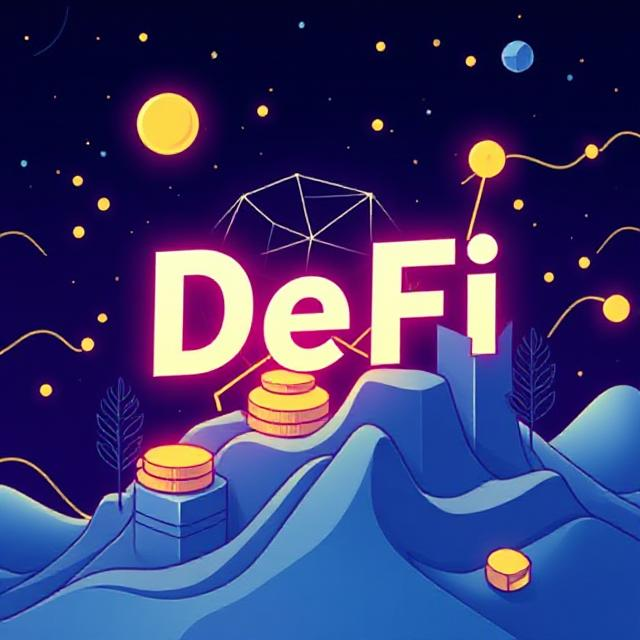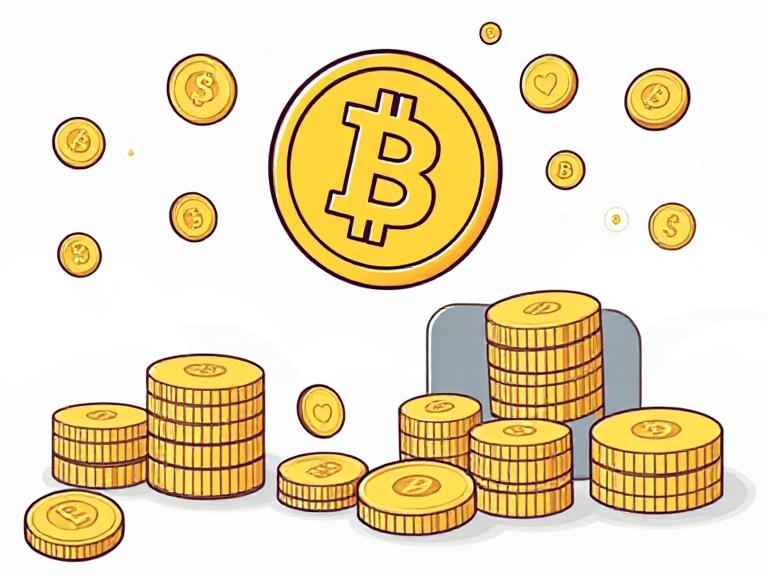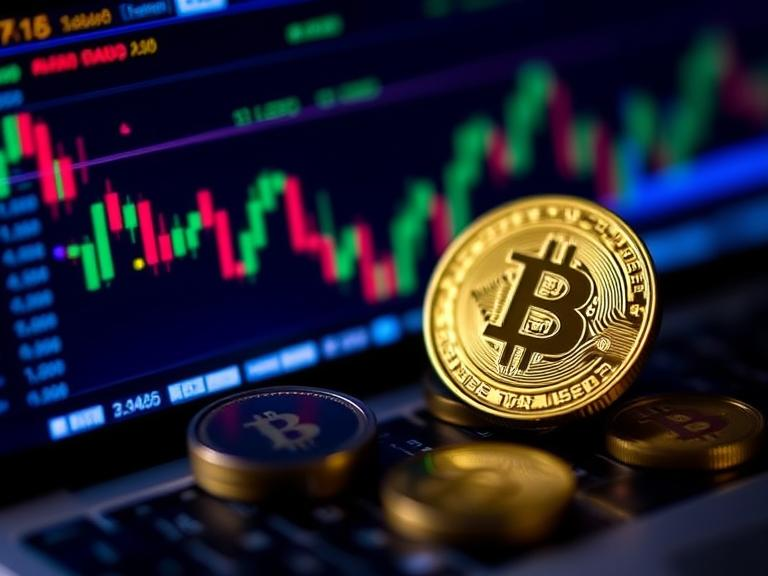Why Decentralized Finance (DeFi) Growth is a Game-Changer
Imagine a world where you don’t need banks to manage your money. Sounds futuristic, right? Well, that future is already here, thanks to the explosive growth of decentralized finance (DeFi) . DeFi is transforming traditional banking by offering faster, cheaper, and more transparent financial services—all powered by blockchain technology. In this article, we’ll explore how decentralized finance growth is reshaping the financial landscape and why it’s worth paying attention to.
What is Decentralized Finance (DeFi)?
At its core, decentralized finance (DeFi) refers to a system where financial products and services are available on a public blockchain, eliminating the need for intermediaries like banks. Think of it as an open-source, permissionless alternative to traditional banking. From lending and borrowing to trading and earning interest, DeFi platforms offer a wide range of services—all without middlemen.
For those new to the concept, check out our related article: “Understanding Blockchain Technology in Simple Terms.”
The Explosive Growth of Decentralized Finance (DeFi)
The numbers speak for themselves. In just a few years, the total value locked (TVL) in decentralized finance (DeFi) protocols has skyrocketed into billions of dollars. This rapid growth is driven by increasing adoption, technological advancements, and growing dissatisfaction with traditional financial systems.
Platforms like Uniswap, Aave, and Compound have become household names in the crypto world, offering users unprecedented control over their assets. For real-time insights, visit DeFi Pulse , a platform tracking the growth of DeFi ecosystems.
Top Benefits of Decentralized Finance (DeFi) Growth
So, what makes decentralized finance growth so appealing? Here are three key benefits:
- Accessibility: Anyone with an internet connection can access DeFi services, regardless of location or socioeconomic status.
- Transparency: All transactions are recorded on the blockchain, making them visible and tamper-proof.
- Lower Costs: Without intermediaries, fees are significantly reduced, benefiting both individuals and businesses.
To dive deeper into these advantages, read “How DeFi is Democratizing Finance for Everyone.”
How DeFi is Revolutionizing Lending and Borrowing
One of the most exciting aspects of decentralized finance growth is its impact on lending and borrowing. Traditional loans often require lengthy approval processes and hefty fees. In contrast, DeFi platforms allow users to lend or borrow assets instantly using smart contracts.
For example, platforms like Aave let users earn interest by lending their crypto or borrow against their holdings without credit checks. It’s a win-win for both lenders and borrowers. Learn more in our guide: “Smart Contracts 101: The Backbone of DeFi.”
Decentralized Finance (DeFi) vs. Traditional Banking
Let’s compare decentralized finance (DeFi) with traditional banking. While banks operate during specific hours and require extensive documentation, DeFi runs 24/7 and is accessible to anyone with a smartphone. Additionally, DeFi eliminates hidden fees and long wait times, offering a seamless user experience.
However, it’s important to note that DeFi isn’t perfect. Risks like smart contract vulnerabilities and regulatory uncertainty still exist. For a balanced perspective, explore “Pros and Cons of Decentralized Finance (DeFi).”
The Role of Blockchain in Decentralized Finance Growth
Blockchain technology is the foundation of decentralized finance growth . By providing a secure, transparent, and immutable ledger, blockchain ensures trust and efficiency in financial transactions. Ethereum, the leading blockchain for DeFi, powers most DeFi applications through its smart contract capabilities.
Other blockchains like Solana and Binance Smart Chain are also gaining traction, offering faster and cheaper alternatives. For more details, check out “Top Blockchains Powering the DeFi Revolution.”
Challenges Facing Decentralized Finance (DeFi) Growth
Despite its potential, decentralized finance growth faces several challenges. Regulatory scrutiny, security risks, and scalability issues are major hurdles that need addressing. For instance, high gas fees on Ethereum have pushed developers to explore layer-2 solutions and alternative blockchains.
Additionally, educating the masses about DeFi remains a priority. Misunderstandings about its complexity often deter newcomers. To learn how to get started safely, read “Beginner’s Guide to Navigating DeFi Platforms.”
How Governments Are Responding to DeFi
As decentralized finance growth accelerates, governments worldwide are grappling with how to regulate it. Some countries, like Switzerland, embrace DeFi innovation, while others impose strict rules to mitigate risks.
Regulatory clarity will play a crucial role in shaping the future of DeFi. Stay updated by visiting authoritative sources like SEC.gov or reading “Government Regulations and Their Impact on DeFi.”
The Future of Decentralized Finance (DeFi) Growth
Looking ahead, the future of decentralized finance growth is bright. As adoption increases and technology improves, DeFi could replace many functions of traditional banks. We might see decentralized insurance, automated payroll systems, and even DeFi-powered retirement plans.
Innovations like cross-chain interoperability and improved user interfaces will make DeFi more accessible than ever. For predictions, explore “Emerging Trends in Decentralized Finance (DeFi).”
Conclusion
The growth of decentralized finance (DeFi) is not just a trend—it’s a paradigm shift in how we think about banking and finance. By offering transparency, accessibility, and cost-efficiency, DeFi is paving the way for a more inclusive financial system. Whether you’re an investor, developer, or curious learner, now is the time to explore this revolutionary space. The future of banking is here—are you ready?
FAQs
- What is decentralized finance (DeFi)?
DeFi refers to financial services built on blockchain technology, eliminating intermediaries like banks. - How does DeFi benefit users?
DeFi offers accessibility, transparency, and lower costs compared to traditional banking. - Is decentralized finance safe?
While DeFi has many advantages, risks like smart contract vulnerabilities and scams exist. Always do your research. - Can I earn money with DeFi?
Yes! You can earn interest by lending crypto, providing liquidity, or staking tokens on DeFi platforms. - What are the biggest challenges facing DeFi?
Regulatory uncertainty, security risks, and scalability issues are among the top challenges.





